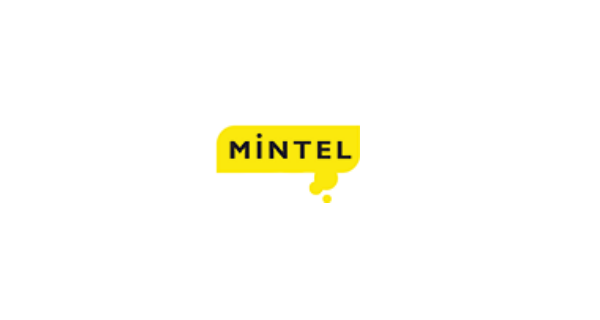
Mumbai: Endless hours spent in front of screens, intensified by COVID 19, is opening up a white space opportunity for VMS players in India, according to the latest research from Mintel.
While three in ten Indian VMS users have taken mineral supplements such as calcium, iron, zinc (30%) and multivitamins (28%); eye health and beauty are high on the nation’s agenda. Over the last 12 months over a quarter of Indian VMS users have taken hair/skin/nails supplements (27%) and eye health supplements (26%), making usage higher than that of bone/joint health (22%) and prebiotics/probiotics (19%).

It is the nation’s self prescribers* who are driving usage of eye health supplements in particular. Almost four in ten (38%) self prescribers have taken an eye health supplement, making it the most popular supplement taken by this group.
Rimpie Tulsiani, Mintel Senior Beauty and Personal care Analyst, India, said:
“Consumers are now seeking lifestyle solutions, and are proactively consuming VMS related to preventative health. Awareness has also grown of the issues of stress or blue light damage, and as a result, penetration rates for beauty and eye health VMS are higher than for bone or digestive health. Additionally, urban lifestyles have led consumers to spend most of their time in front of screens, leading to health concerns due to exposure to blue light as well. This focus on blue light protection will intensify during the COVID period, as screen time typically increases while working from home. Furthermore, promoting the concept of beauty ‘inside out and outside in’ will help appeal to consumers who aspire for beautiful skin or hair. There is an opportunity to develop combination products that can be ingested as well as applied on the skin.”
India leads the way in NPD
Mintel Global New Products Database highlights that India is responsible for one in five (19%) VMS launches in APAC, compared to the next highest countries: Korea (17%), Australia and Japan (11%). Despite India being an APAC innovation leader, just 37% of Indians use VMS*.
However, according to Mintel’s latest COVID-19 research, 58%**** of Indians expect to spend more on healthcare products in the next month than before—highlighting strong category potential for the VMS sector.
“While the VMS consumption in India pre-COVID-19 was low, the pandemic has educated consumers that diet alone is not enough to maintain their health and as such, they are looking for specific ways to boost their immune system. Indian consumers are expecting to spend more on health care in the next month than before, these consist of not just masks and sanitisers but also traditional immunity boosters like Chyawanprash and other herbal health supplements. Healthier lifestyles are now becoming a priority and the consumption of VMS is skewing towards holistic and preventive health,” adds Rimpie
Palatability and easy to digest key to VMS success
Mintel research reveals that Indian consumers would be interested in VMS products that are palatable (40%) and easy to digest (40%). Mintel research, using the Total Unduplicated Research & Frequency (TURF) methodology^ reveals that VMS products which are palatable and include natural/botanical ingredients as well Ayurvedic ingredients appeal to 85% of Indian consumers.
Finally, among VMS users, over two in five consumers (42%) are influenced by doctors, closely followed by unpaid media influencers such as nutritionists, fitness trainers and online reviews at 41%.
“Taste is an important lever for brands to use as it drives up consumer interest. VMS players thus have a chance to look at innovative formats other than those with medicinal imagery like tablets and capsules to tackle the palatability issue to encourage consumption. Indian consumers show a strong inclination towards natural products, which can be attributed to the familiarity of Ayurveda and this coupled with the Indian government actively advocating Ayurveda’s benefits has piqued consumer interest. Hence pairing VMS with natural or Ayurvedic ingredients would hit more consumers’ priorities. Brands can look to explore and innovate with botanicals/natural and ayurvedic ingredients within VMS based on traditional knowledge.”
“Doctors are a key influencer group in the category, and prescription is considered important, but the reach is severely limiting the growth of the category. However, unpaid media such as fitness trainers, online reviews, and nutritionists can play an important role in extending the reach of VMS and can help move the needle on penetration rates. Brands can utilize these channels to engage with consumers to build trust and positive equity,” Rimpie concluded.








































